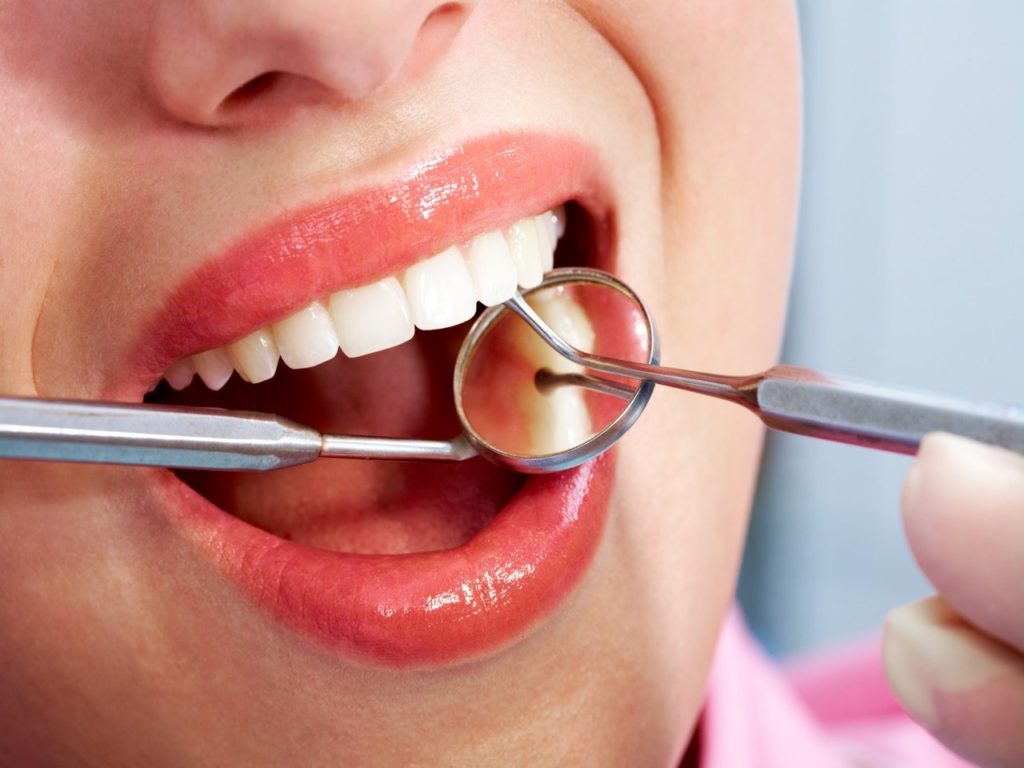Cavities are essentially tooth decay from the bacteria. Cavities are caused by a number of things ranging from what we eat, dental hygiene, and lifestyle choices. In many cases, cavities are dependent on hereditary factors, so you might inherit certain tooth disease if your family has a history of it. Nonetheless, there are ways to treat and prevent these conditions from getting out hand.
There are a variety of factors that can put you at risk of getting cavities. People who suffer from a dry mouth are at a greater risk due to the lack of saliva. Without the saliva helping to wash away food particles and acids, teeth are in greater danger of succumbing to disease. This condition is relatively common and caused by medication, illness, and radiation treatment. Tobacco users will often have a dry mouth due to the tobacco using up and drying the saliva. The food you eat also affects whether or not you get cavities. Leftover foods inside your mouth that are rich in sugar or starch are eaten by bacteria which can produce acids that corrode teeth. Not taking proper care of teeth can lead to it eating through dentin and enamel and eventually the entire tooth.
Despite how strong the surface may seem, tooth enamel can begin to break down. If the acid has managed to eat away at enough of the enamel, the surface can collapse, resulting in a hole or cavity. Leaving this untreated can worsen the condition of the tooth, leaving the root exposed and can cause a lot of pain. Other cases leaving a cavity untreated can result in an abscess where the root tip becomes infected. If left to spread, an abscess can even result in death! Although a tiny cavity may seem harmless, it’s very important to get it treated before it turns into something much worse.
Cavities are more common in the molars, between teeth, or near the gum line. This is because these spots are hardest places to brush your teeth. Without making regular visits to the dentist, you might not even realize that you have a cavity. If your dentist does find a cavity, they can provide you with x-rays and options for the best course of action. Should you find a cavity yourself, you should book an appointment with your dentist to prevent further hassle or something worse in the future. Ultimately, cavities shouldn’t be treated lightly emphasizing how important it is to take proper care of your teeth.

